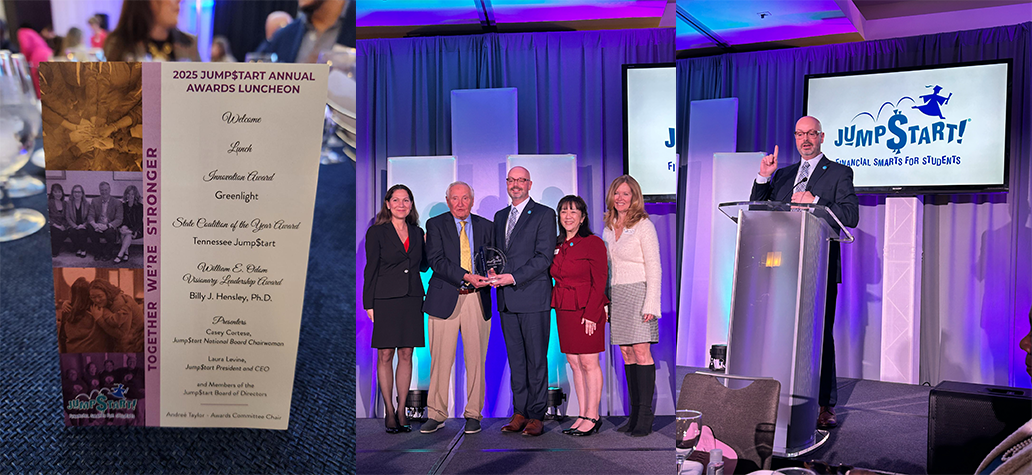Our ongoing pursuit of outlining the benefits and outcomes of financial education continues with a formal brief, which we co-created with a team of renowned researchers and the Financial Industry Regulatory Authority’s (FINRA’s) Investor Education Foundation.
Following up on our 2021 article – What We’re Reading: Working Paper Revisits Evidence on the Effectiveness of Financial Education – we partnered with FINRA and the research team to highlight and amplify this recently-published research that explores whether financial education programs affect financial knowledge and behaviors.
The paper addresses critical questions, such as:
- Does financial education impact certain financial behaviors?
- How does the impact of financial education interventions on financial knowledge compare to interventions designed to improve math and reading scores?
- Is financial education cost-effective for achieving increased financial knowledge and improved financial behaviors?
“This published research outlines the growing body of knowledge and evidence that examines the effectiveness of financial education interventions,” said Jill Jones, Ph.D., managing director of Research at NEFE. “The 2014 publication by Fernandes et al. examined 13 experimental evaluations. This updated meta-analysis included 76 financial education experiments. We hope that this trend continues, helping to provide clear guidance on this question and illuminating the nuanced findings by intervention type(s) as the body of evidence grows.”
About FINRA
The FINRA Investor Education Foundation supports innovative research and educational projects that give underserved Americans the knowledge, skills and tools to make sound financial decisions throughout life. For more information about FINRA Foundation initiatives, visit www.finrafoundation.org.
Authors
- Tim Kaiser, Ph.D., University of Koblenz-Landau
- Annamaria Lusardi, Ph.D., The George Washington University and the National Bureau of Economic Research (NBER)
- Lukas Menkhoff, Ph.D., Humboldt Universität zu Berlin, German Institute for Economic Research (DIW Berlin), and Kiel Institute for the World Economy (IfW Kiel)
- Carly Urban, Ph.D., Montana State University and Institute for Labor Studies (IZA)

